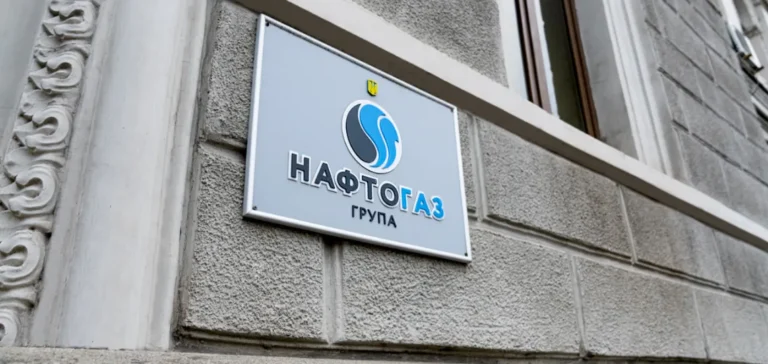Naftogaz, Ukraine’s state-owned oil and gas company, has proposed that the European Union (EU) create bloc-wide strategic natural gas reserves using Ukraine’s available storage infrastructure. The proposal was submitted to the European Commission as part of the ongoing revision of the EU’s energy security framework.
Ukraine holds the largest underground gas storage network in Europe, with capacity well exceeding domestic demand. Naftogaz stated that these facilities could enhance regional energy security and resilience against physical or cyber disruptions. “The surplus storage capacity and available technical withdrawal capabilities can serve the neighbouring region, in addition to covering Ukraine’s needs,” the document stated.
Call to rethink EU storage targets
Naftogaz also called for the removal of the EU’s current storage filling targets after 2027. According to the company, the current regulation disadvantages storage sites outside EU borders, such as those in Ukraine. Gas commercially stored outside the EU does not count towards member states’ filling quotas, reducing the incentive to use these facilities.
“The continued application of the EU-level storage filling target, combined with its territorial limitation, undermines the operational and investment attractiveness of Ukraine’s storage sites,” said Naftogaz, which argued for a clear distinction between EU-managed strategic stocks and market-driven commercial storage.
Proposal for zero-tariff gas transit regime
In its letter, Naftogaz also requested a study on the potential economic effects of a zero-tariff gas transit system across the EU. Since the bloc shifted away from Russian pipeline gas in favour of liquefied natural gas (LNG), landlocked countries have faced higher transportation costs due to multiple border crossings and cumulative transmission charges.
These costs, Naftogaz argued, harm the competitiveness of affected economies and diminish the commercial appeal of using Ukrainian storage, which has played a vital role in ensuring market flexibility during recent periods of disruption. The company believes that introducing a zero-tariff regime could ease these issues and improve market efficiency.
Geopolitical context and market pressure
The proposal comes amid the EU’s broader overhaul of energy policy following the invasion of Ukraine and the resulting collapse of Russian gas imports. In 2022, European wholesale gas prices reached record highs, prompting urgent policy responses.
While prices have eased since the August 2022 peak, the European Commission is expected to present a new version of its energy security framework in the first quarter of 2026.






















